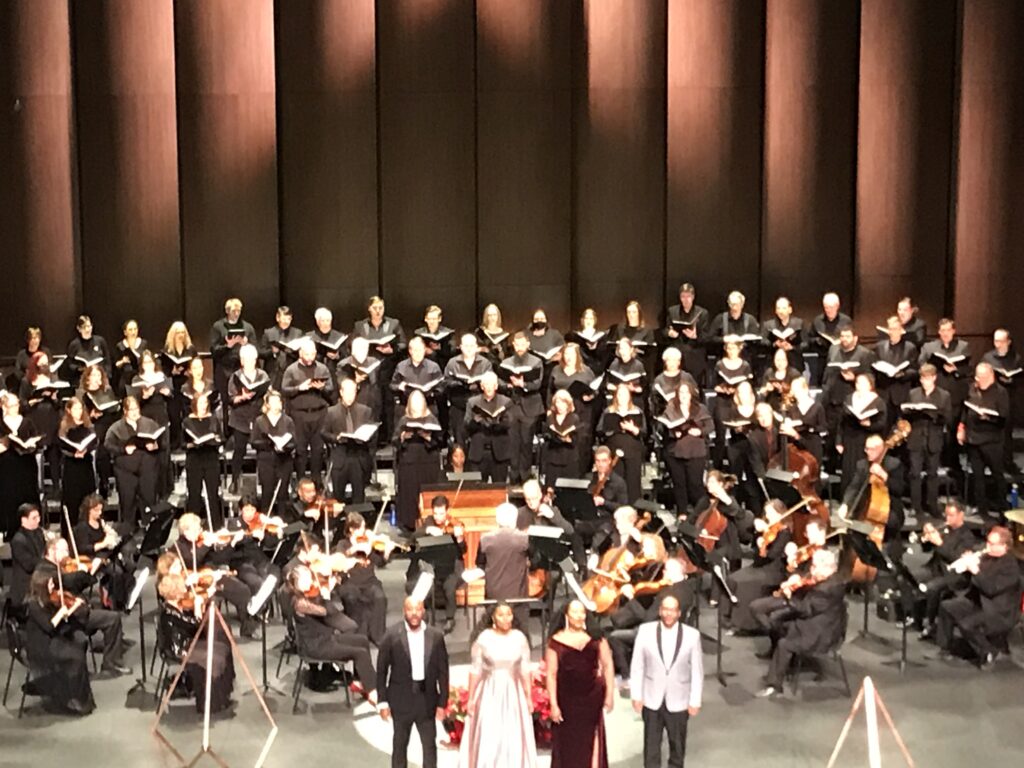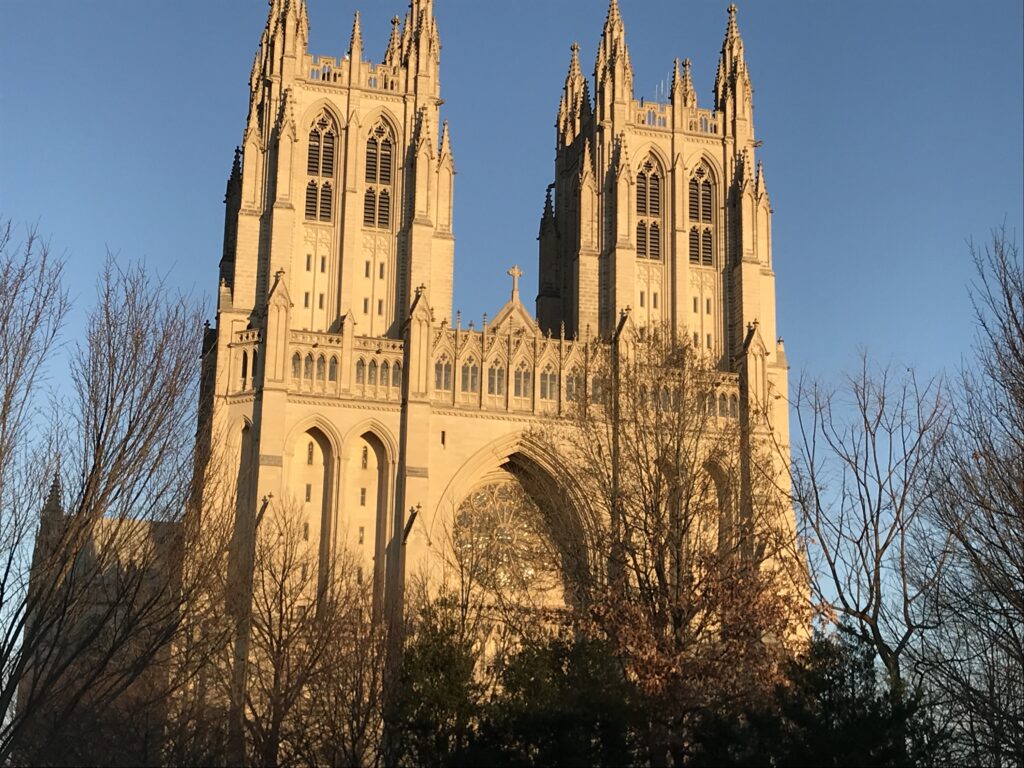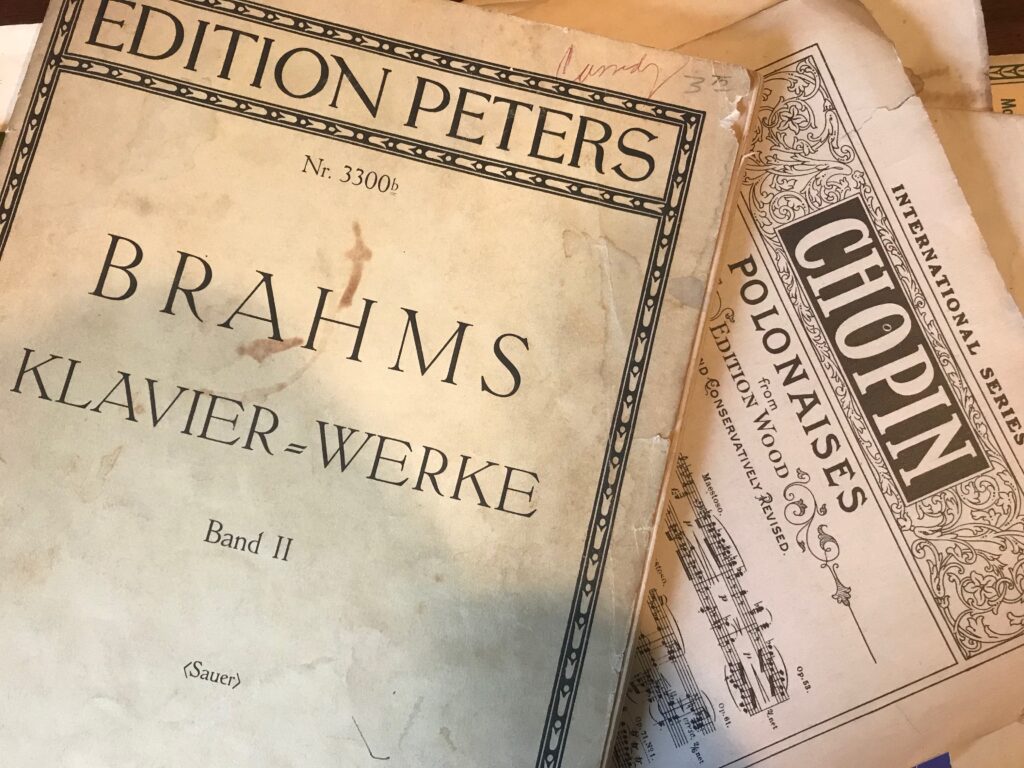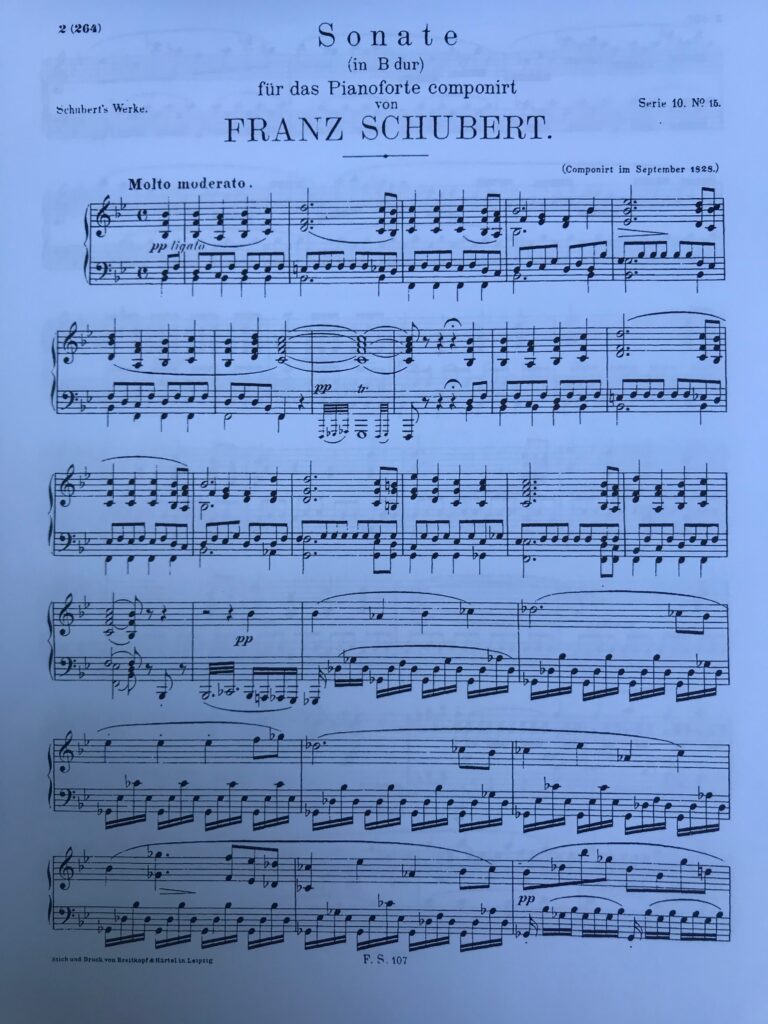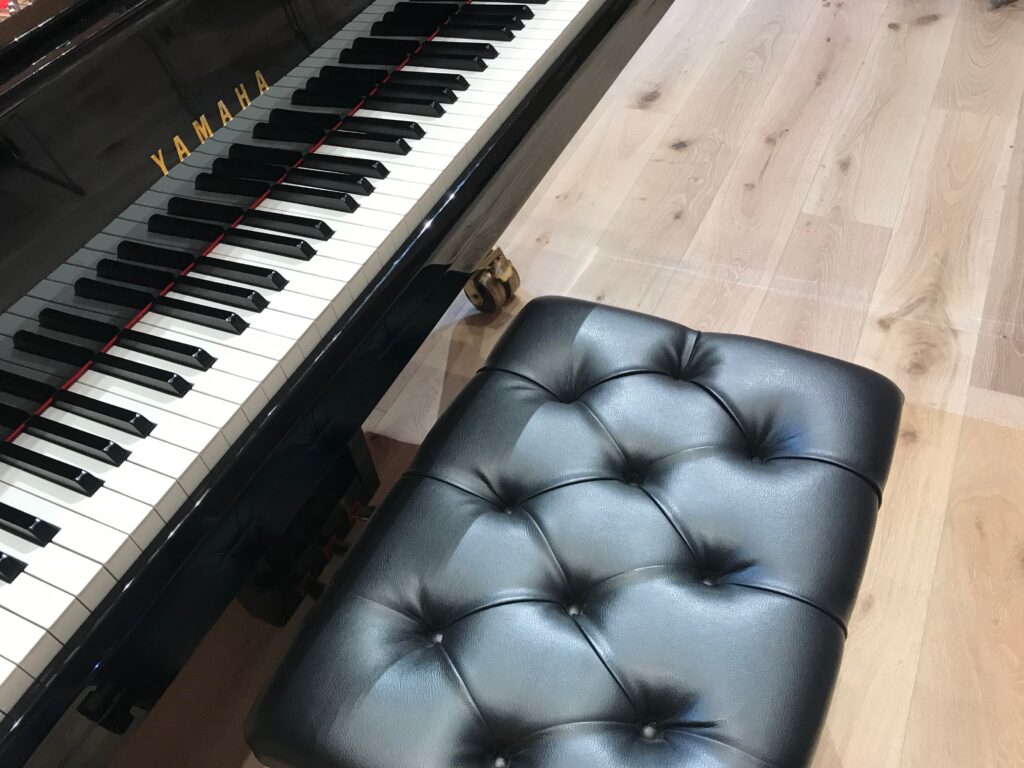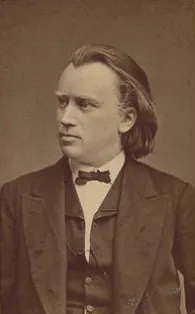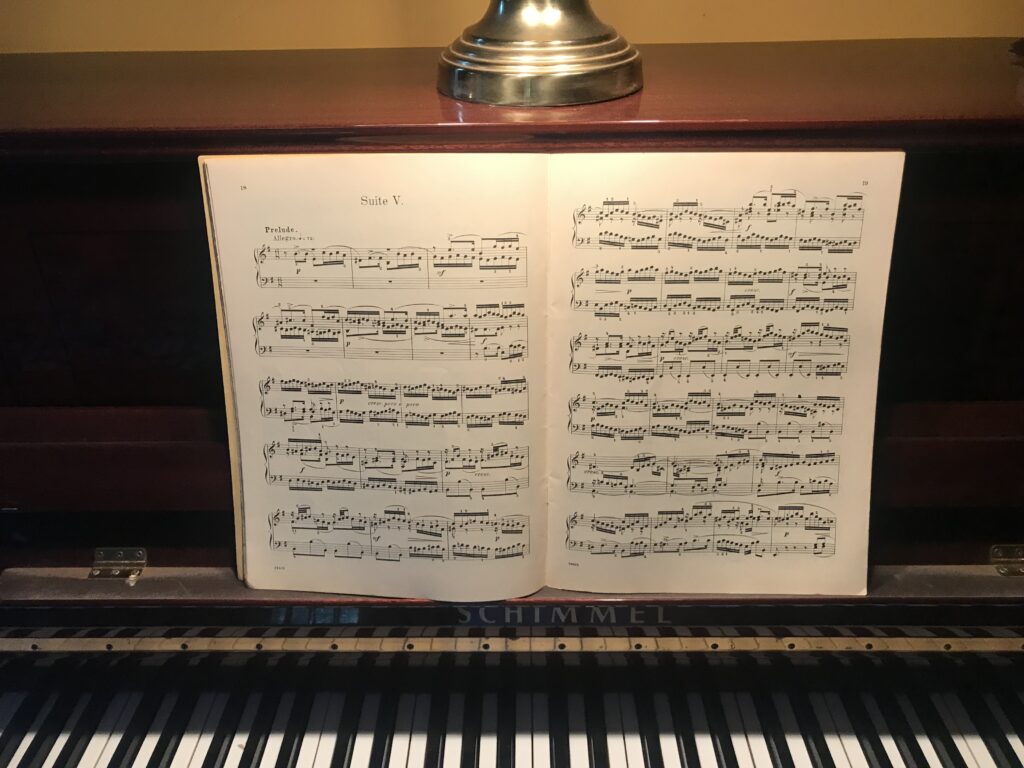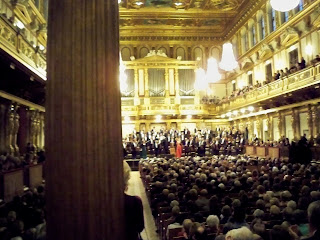A Trip to Mali
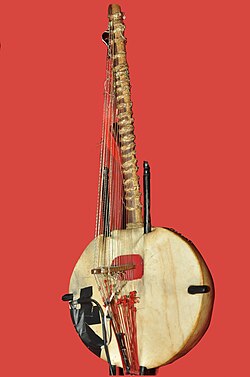
Last night I went to Mali. I stepped into a darkened room, found a seat close to the stage, and listened as one of the world’s premier kora players brought forth … a nation.
I know little about African music, had never heard of the kora until a few weeks ago. But a friend did know about this 21-stringed harp-and-lute-like instrument and about virtuoso player Ballaké Sissoko, and he took us to a show that was transporting in every way. One kora sounds like at least two instruments, so full and rich is the sound.
If I closed my eyes I could see the red dirt of the Sahel from a trip through northern Benin with Suzanne 11 years ago. I could feel the Harmattan wind that blows through the region this time of year, the warm sun of the afternoon and the chilliness of the mornings.
At the northernmost terminal of our bus trip, we were near Niger, which borders Mali. That’s as close as I’ve ever been to the country. Until last night.
(Kora photo, courtesy Wikipedia.)
